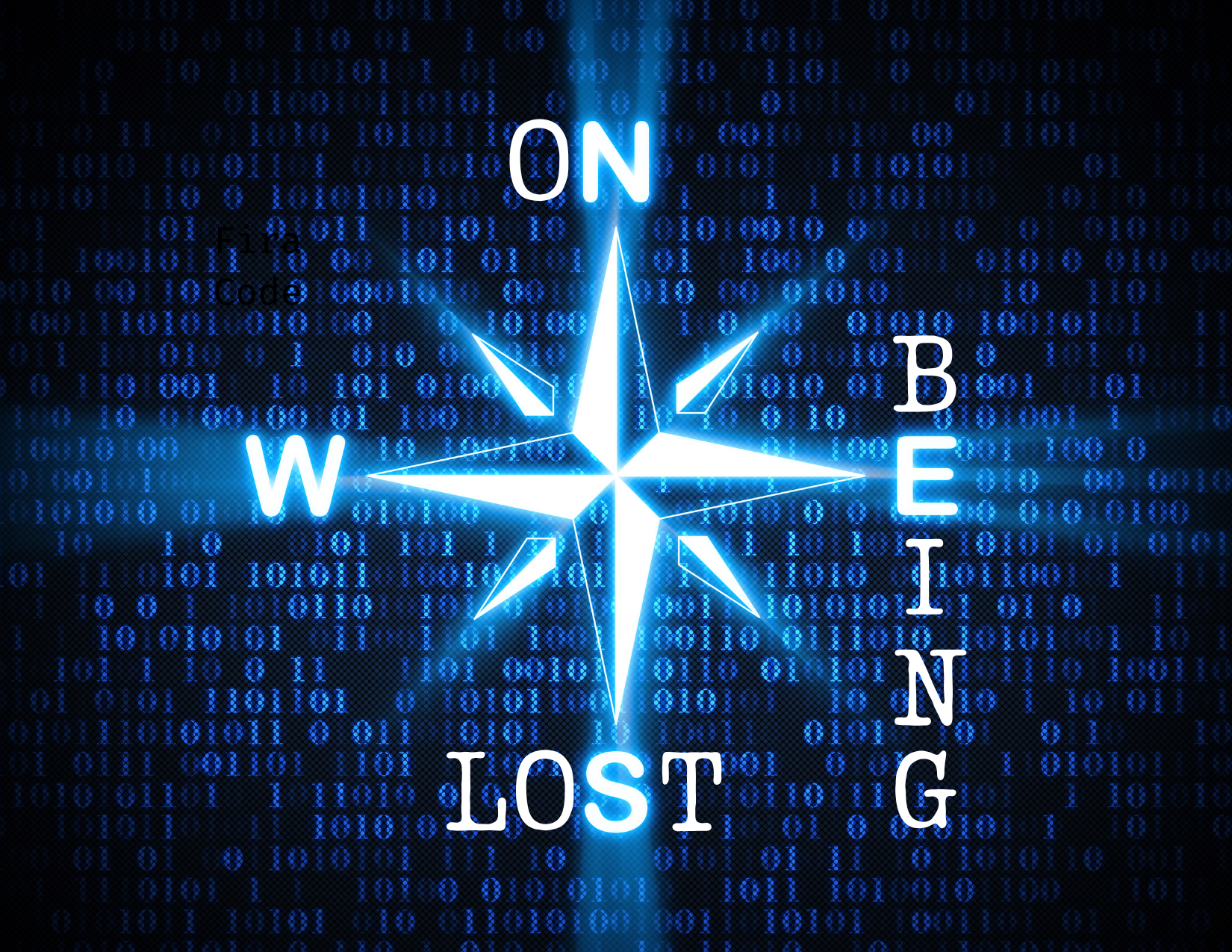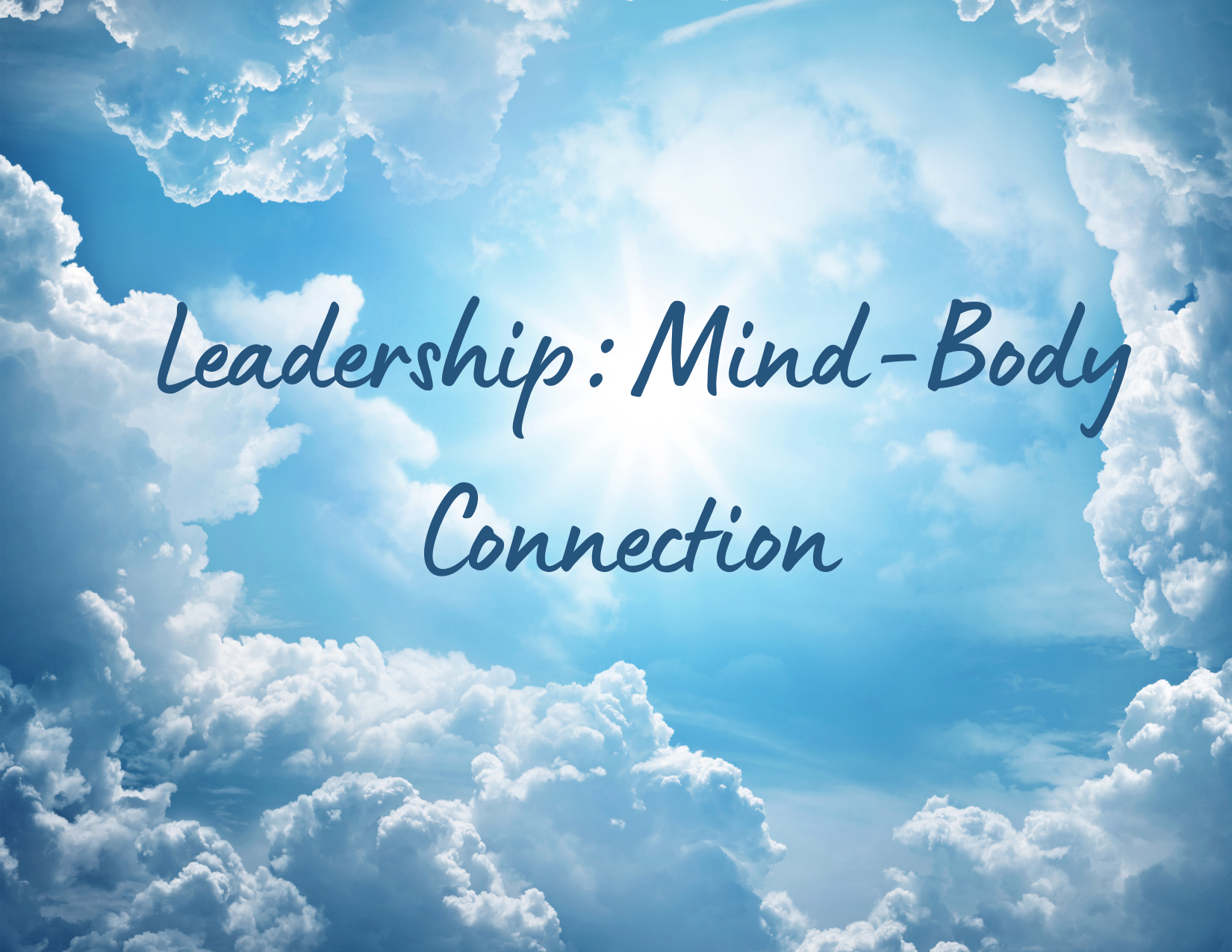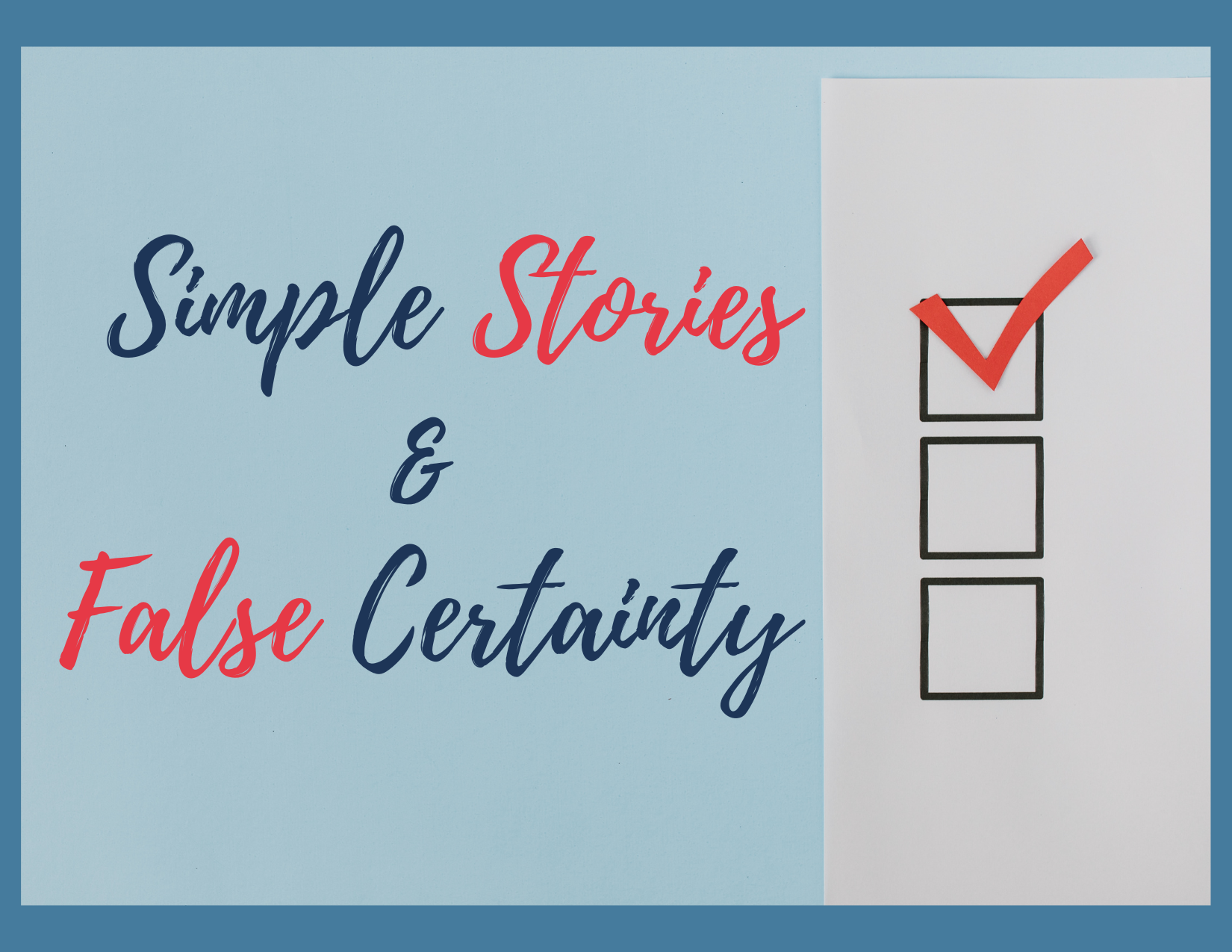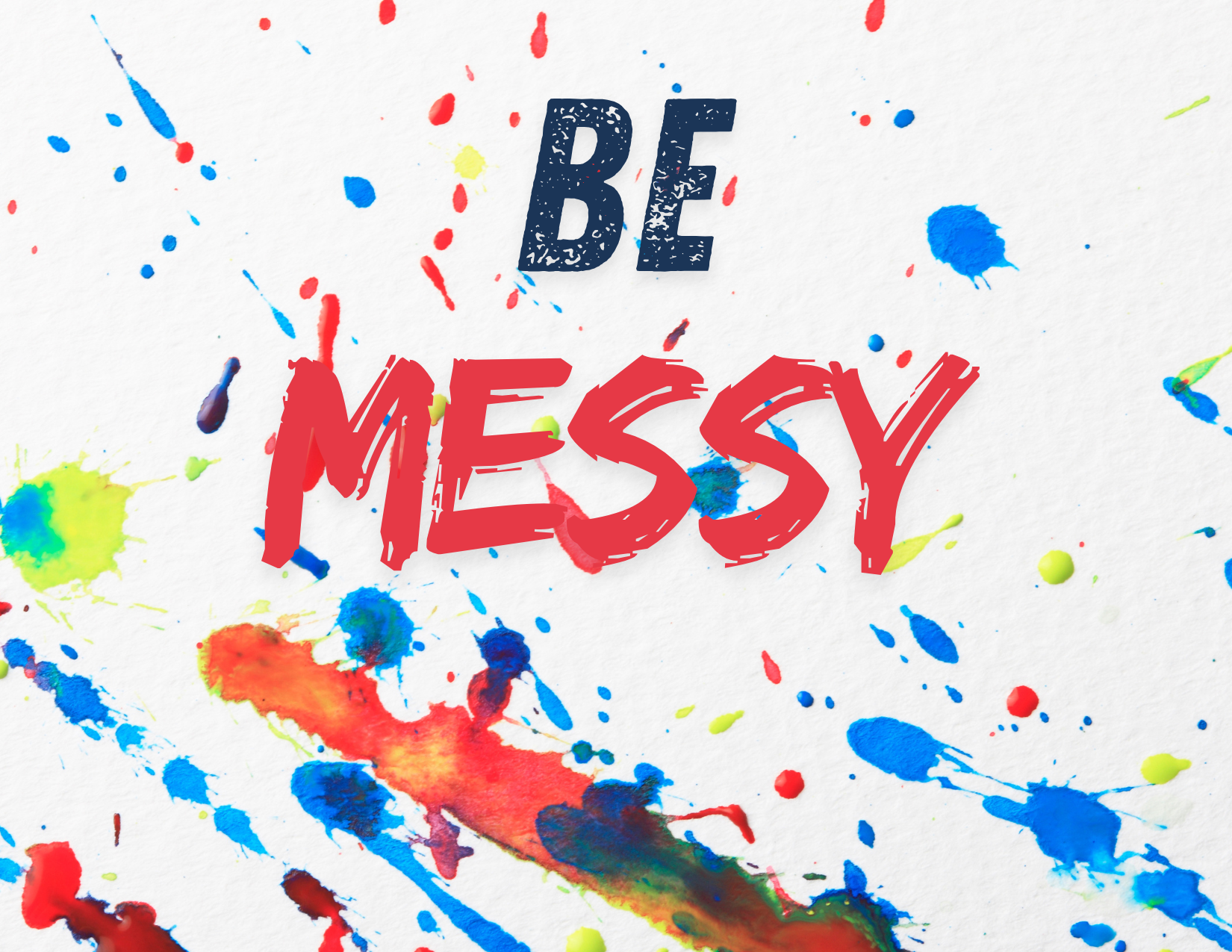For the past twenty-three years, I have worked at the same organization, and I am frequently asked what has kept me engaged for such a long time. Oh, my goodness, there are so very many things, the research, the faculty, the constituents, the staff, and last but not least, my fantastic leadership team. Not too long ago, I was at a retreat for one of my teams and was asked the same question. This time, I gave the same answer with a twist. My response was that I have stayed at our organization for twenty-three years, but I always fall in and out of love with my job. At that moment, I did not appreciate the impact that statement would make on a few people in the room.
The reality is that almost everyone would be lying if they said they were always in love with their job and organization. My statement relieved a few people and helped them understand that they were not outside the norm. Like any relationship, there are high points and low points and places in between. What is essential is that in those moments of doubt, we take the time to recalibrate to get clarity about what we are feeling and why.
Relationships are multifaceted and successful ones require reciprocity. Unfortunately, both you and your organization are complicated systems. In a 2021 Gallup Poll survey, it was reported that 64% of U.S. employees indicated that they feel disengaged with their work and workplace. This is an astounding statistic considering that according to a recent research study, the average employee dedicates 90,000 hours of their life to work. So, what is the importance of loving what you do and where you work?
In the book “Love + Work,” Marcus Buckingham discusses finding love in what you do at work. He points out that most of us are rewarded at work for conformity and aligning ourselves with the models of the systems in which we exit. The systems are created to be pragmatic in service to the mission. A noble cause, but one that can make us more homogenous than unique in how we carry out our work and contribute to our organizations.
So, how do we reframe where we are? Marcus Buckingham suggests that we call upon our Wyrd! The essence of what makes us unique human beings. It starts with being open and curious about identifying our strengths and discovering what distinguishes us from others. Exploring the fundamental nature of what gets us connected to our work so that we can find ourselves in flow, losing track of time because we love what we are doing. And what we are good at might be different from what we love doing.
How does organizational culture impact how we feel about our jobs? Studies have shown that there are critical attributes within an organization that drive joy at work: mission, purpose, and relationships. Relationships with managers play a crucial role in satisfaction with interpersonal relationships. The happier we are in our jobs and work, the greater our productivity.
When you find yourself falling out of love with your job, block out time to recalibrate and get clarity, then ask yourself these six questions:
1. What am I feeling and why?
2. Am I connected to the mission of my organization?
3. What inspires me about my organization?
4. How can I discover new points of inspiration?
5. Have I built a network within my organization?
6. How am I investing time in building my relationship with my manager?
So here is a secret, if you find yourself falling out of love with your job, you are normal and not alone. Be curious about exploring why!







